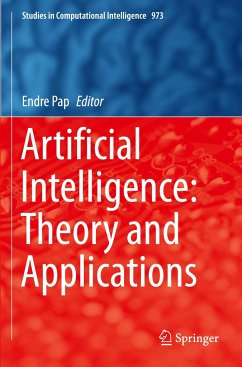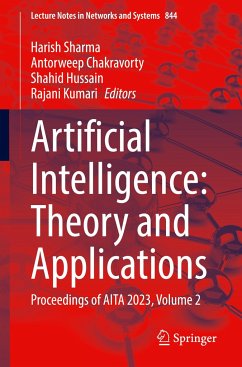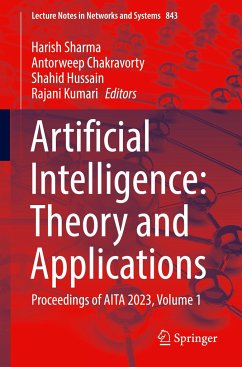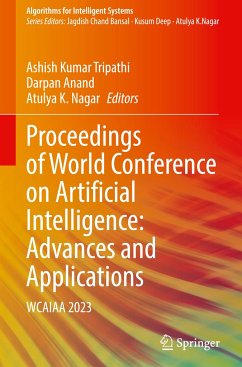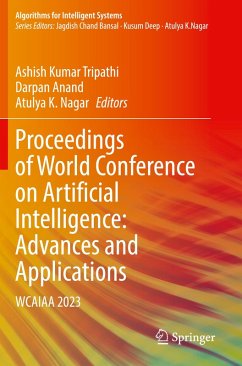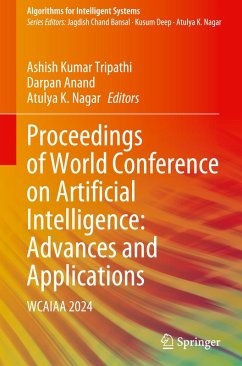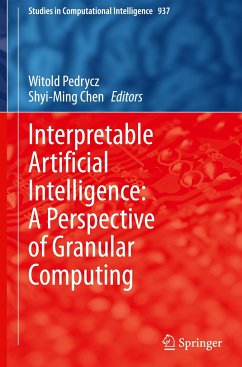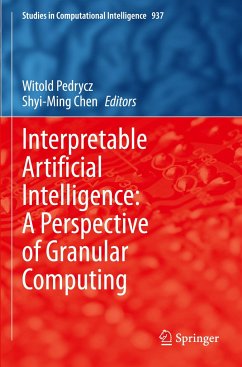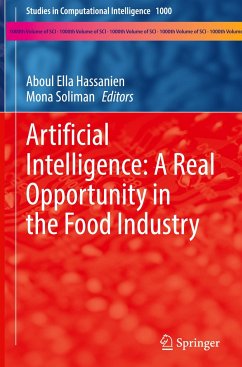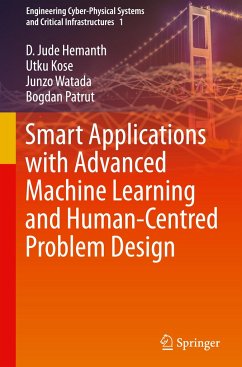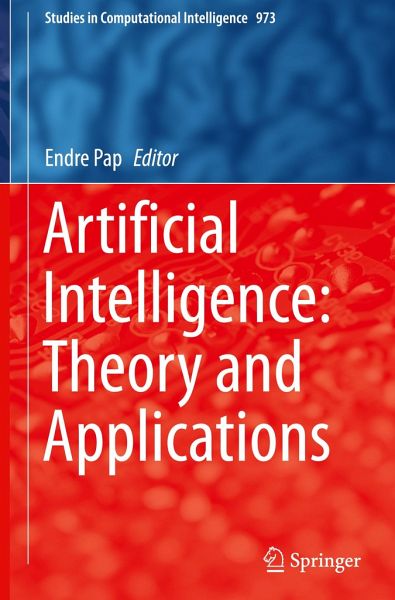
Artificial Intelligence: Theory and Applications

PAYBACK Punkte
65 °P sammeln!
This book is an up-to-date collection, in AI and environmental research, related to the project ATLAS. AI is used for gaining an understanding of complex research phenomena in the environmental sciences, encompassing heterogeneous, noisy, inaccurate, uncertain, diverse spatio-temporal data and processes. The first part of the book covers new mathematics in the field of AI: aggregation functions with special classes such as triangular norms and copulas, pseudo-analysis, and the introduction to fuzzy systems and decision making. Generalizations of the Choquet integral with applications in decisi...
This book is an up-to-date collection, in AI and environmental research, related to the project ATLAS. AI is used for gaining an understanding of complex research phenomena in the environmental sciences, encompassing heterogeneous, noisy, inaccurate, uncertain, diverse spatio-temporal data and processes. The first part of the book covers new mathematics in the field of AI: aggregation functions with special classes such as triangular norms and copulas, pseudo-analysis, and the introduction to fuzzy systems and decision making. Generalizations of the Choquet integral with applications in decision making as CPT are presented. The second part of the book is devoted to AI in the geo-referenced air pollutants and meteorological data, image processing, machine learning, neural networks, swarm intelligence, robotics, mental well-being and data entry errors. The book is intended for researchers in AI and experts in environmental sciences as well as for Ph.D. students.





